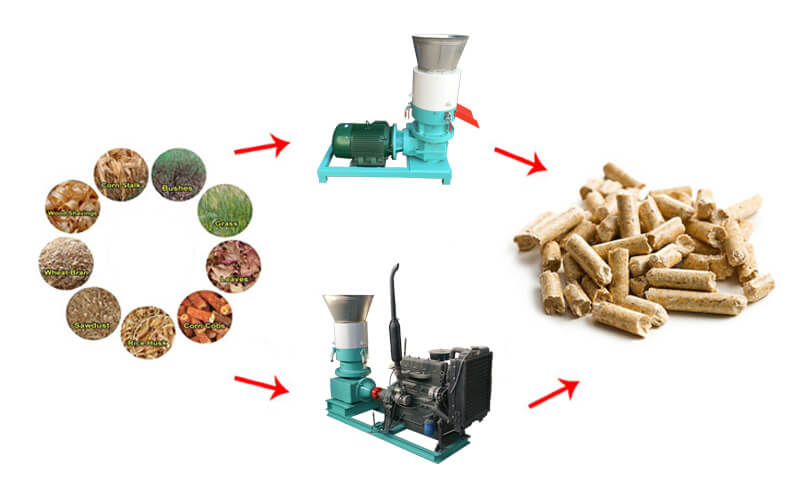Introduction
The global shift towards renewable energy sources has increased the demand for wood pellets. A wood pellet mill is a powerful machine that transforms biomass waste into efficient and eco-friendly fuel. Many industries, businesses, and homeowners are switching to wood pellet making machines to reduce costs and contribute to a sustainable future. But how exactly can you benefit from a wood pellet mill? In this article, we’ll explore the advantages, essential factors to consider, and how to purchase from Gattuwala.
Why Choose Gattuwala for Biomass Pellet Machines?
Investing in a wood pellet mill comes with numerous benefits. Here are some key advantages:
1. Cost-Effective Energy Solution – Wood pellets are more affordable than fossil fuels and provide long-term savings on energy costs.
2. Eco-Friendly and Sustainable – Competitive pricing makes Gattuwala an excellent choice for businesses looking for cost-effective biomass pellet machinery
3. Efficient Fuel with High Energy Output – Wood pellets have a high calorific value, making them an efficient energy source for heating and industrial applications.
4. Low Maintenance and High Durability – Modern wood pellet making machines require minimal maintenance while delivering consistent performance.
5. Multiple Applications – Wood pellets are used for heating, power generation, animal bedding, and even as an alternative to traditional cooking fuels.
5 Factors You Should Know Before Investing in a Wood Pellet Mill
When considering a wood pellet making machine, these five factors play a crucial role in making an informed decision:
• Production Capacity – Choose a machine that meets your energy needs, whether for residential, commercial, or industrial use.
• Raw Material Availability – Ensure you have a steady supply of raw materials like sawdust, wood chips, or agricultural waste to maintain consistent pellet production.
• Pellet Quality and Efficiency – A high-quality wood pellet mill should produce uniform pellets with high density and low moisture content.
• Maintenance and Operating Costs – Look for machines that offer low maintenance and energy-efficient operations to maximize cost savings.
• Government Subsidies and Incentives – Many governments offer subsidies to businesses investing in wood pellet making machines as part of renewable energy initiatives.
How to Maximize the Benefits of a Wood Pellet Mill?
To get the most out of your wood pellet mill, follow these best practices:
• Use High-Quality Raw Materials – Low-moisture wood and clean biomass result in premium-grade pellets.
• Regular Maintenance – Clean and service the machine regularly to avoid downtime.
• Monitor Pellet Quality – Adjust machine settings to optimize pellet density and size.
• Invest in Advanced Technology – Modern wood pellet making machines come with automation and smart controls for better efficiency.
Industries and Applications of Wood Pellet Mills
A wood pellet mill is beneficial across various sectors, including:
• Residential Heating – Cost-effective and sustainable heating solution for homes.
• Industrial Energy Production – Used in power plants for generating renewable energy.
• Agriculture and Animal Bedding – Clean and comfortable bedding for livestock.
• Commercial Cooking – Used in pellet stoves for efficient cooking and baking.

